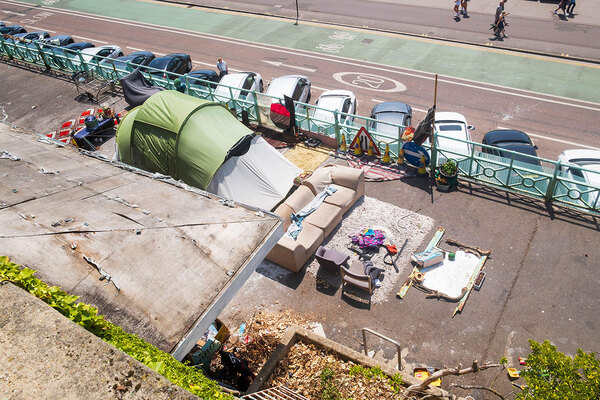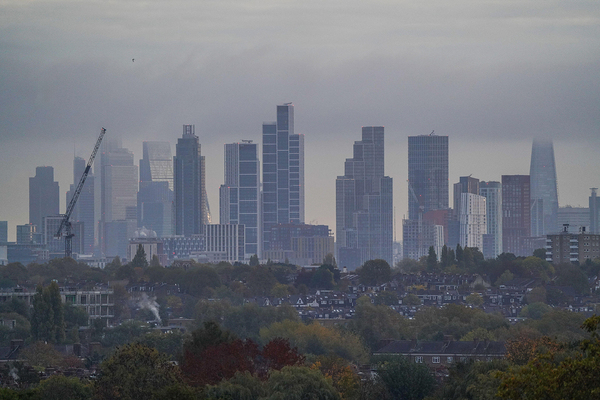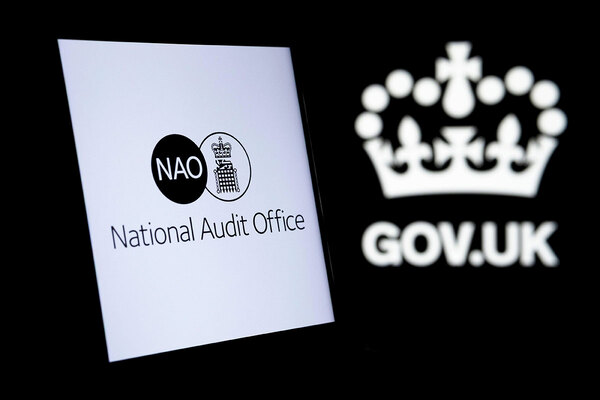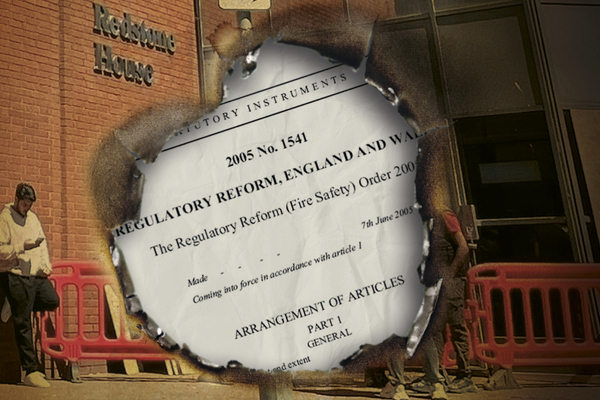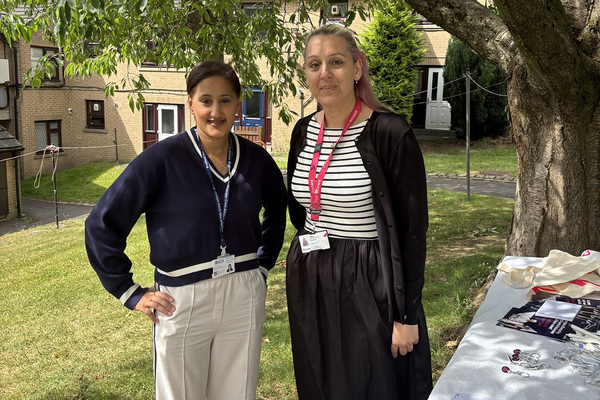You are viewing 1 of your 1 free articles
Children in temporary accommodation less likely to pass GCSEs, research finds
Children living in temporary accommodation and forced to move house regularly achieve worse GCSE results, according to analysis by the Children’s Commissioner for England.
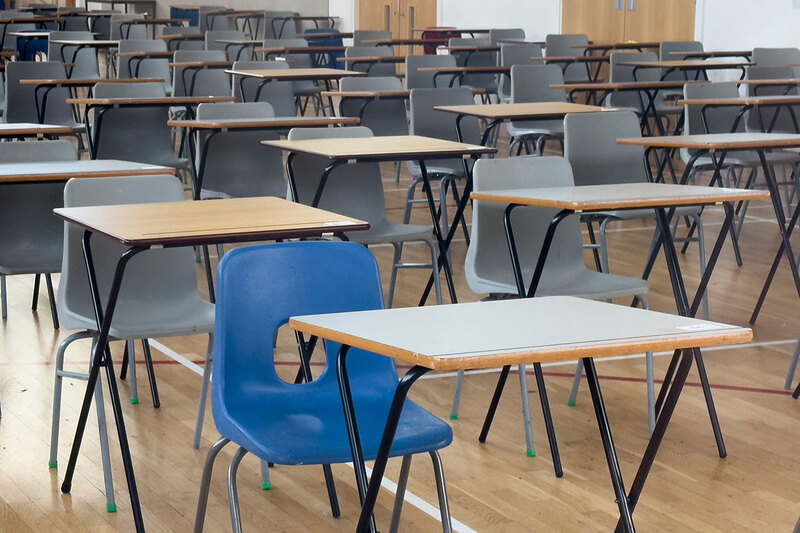
Dame Rachel de Souza, the children’s commissioner, has published research exploring the link between housing instability and educational attainment, warning that children were “paying the price” of growing up in poverty.
In England, there are more children in temporary accommodation than ever before, with the latest government statistics showing that 159,380 are living in insecure temporary accommodation, including hotels and B&Bs.
The commissioner’s analysis reveals that pupils whose home postcode never changed between reception and Year 11 were most likely to get five GCSEs passes, with 65% achieving this.
But pupils with less stable housing did not perform as well. Just half of those with three home moves over their school career achieved five GCSEs including English and maths.
This dropped to just over one in 10 of those children who had moved 10 times.
While the reasons for moving frequently will vary, and many factors influence exam results, the commissioner said the data was “concerning”, especially as over 75,000 pupils – 12% of all those in Year 11 – had moved at least three times.
“Housing instability is a striking example of why the ways children experience the world must be reflected in solutions,” said Dame Rachel.
“Too often, their views are excluded from conversations about issues impacting their lives because, as a society, we have forgotten how precious and short childhood is.”
The analysis uses data from the Department for Education’s School Census, which collects pupil-level data from state-funded schools, nurseries and alternative provisions, including the home postcode of every child on their roll.
The commissioner identified 612,352 pupils who were in Year 11 in the summer term of academic year 2022-23, and looked at the number of unique home postcodes recorded against them, as well as when the majority were in reception.
According to the commissioner, children who were interviewed for the research said they were living in homes that were in disrepair, damp, dirty, and sometimes had no running water or toilet.
“In 2025, that’s shameful. Some find it hard to concentrate at school because of unfit housing, while others are forced to move school in the middle of the year . So it’s no surprise their education is paying the price of this disruption,” said Dame Rachel.
The commissioner visited children at Surrey Square Primary School in Southwark, where 25% of its pupils are in temporary accommodation, along with Kwajo Tweneboa, a social housing campaigner, and Sky News, which is investigating how housing insecurity affects children.
The high number of pupils in temporary accommodation at Surrey Square is a result of the school’s proximity to a housing estate which is in the process of being demolished. Estates due for demolition are regularly used as temporary accommodation due to a lack of available homes elsewhere.
“The pupils at Surrey Square told me about waiting years on housing lists, only to be moved into places that are mouldy, full of vermin or otherwise unsafe,” said Dame Rachel.
“Many share bedrooms with their whole families, or sleep on the floor. They told me about doing homework on their laps, stretched out on the floor, or being unable to shower in their own homes,” she added.
The school is supporting children with a range of services, partnering with charities and a food bank, as well as updating families on housing repairs.
The latest figures on temporary accommodation reveal a sharp increase in the number of children housed in insecure homes. Between July 2023 and July 2024, the figure rose by 14.5%.
The government does not publish data on the number of babies and toddlers in temporary accommodation, but a recent investigation by Inside Housing used Freedom of Information data from local councils to fill this gap.
It estimates that, in England, Scotland and Wales, as of September 2024, 38,800 households with children aged under five were in temporary accommodation.
In England alone, it estimates there were 35,800 households with young children in temporary accommodation in June 2024, and 3,500 of them were in B&Bs.
Sign up for our homelessness bulletin
Already have an account? Click here to manage your newsletters
Latest stories

